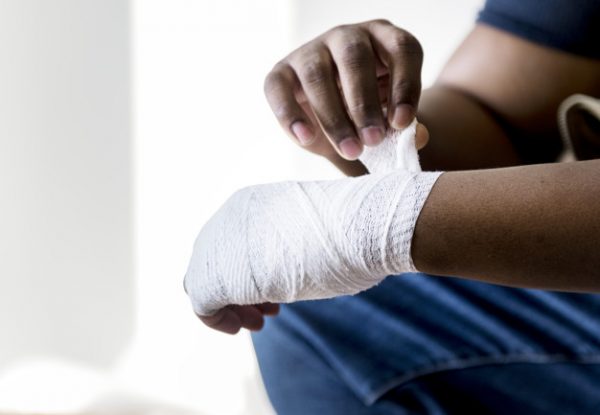
Due to the crisis caused by the coronavirus and with the aim of ensuring the safety of employees and avoiding massive contagion, millions of workers in our country are teleworking from home.
This assumes that the home has become the new office for many workers and, although the risks are lower, it could happen that an employee suffered a work accident at home during telework.
In this situation, how should companies act? We’ll tell you below.
You are interested in:
Coronavirus telework: 7 key tips for working from home and being more
productive.
What does the Act say about a work accident at home during telework?
Article 13 of the Workers’ Statute provides that teleworkers have the right to adequate safety and health protection,while Law 31/1995 of 8 November on Occupational Risk Prevention makes clear the employers’ obligation to provide protection to teleworkers.
This means that an employee who is teleworking has the right to preserve his physical integrity and to have protection from the company,like any other worker.
The problem is that legal forecast on occupational risk prevention is based on a controlby the workspace employer, something that is complicated by telework, since neither the employer nor those responsible for the prevention of occupational risks or labour inspectors can freely access it.
In view of this situation, preventive activity at homeshould be adapted, either through a home visitation scheme or through self-assessment systems.
Also, in situations of exceptionality such as the one we find ourselves in, the teleworkerwill also be responsible for preventive matters, and will have to be sensitized and aware of the need to take measures to ensure their safety and health in their workplace.

How to act in the face of a work accident during telework?
If, even taking all these measures, an employee suffers a work accident at home during telework, he or she shall beconsidered as an accident at work, as established in article 156.1 of the General Law on Social Security, if:
“An accident at work is any bodily injury suffered by the worker on the occasion or as a result of the work he is employed.”
So far everything is clear, but a difficulty arises for the employer, which is nothing more than differentiating between a work accident and a domestic accident,mainly because when not present, it cannot be confirmed.
The same article of the LGSS also establishes a presumption of accident at work,and that it will be the responsibility of the undertaking or the mutual to demonstrate that it is indeed a work accident or not.
The type of accident suffered will be key to distinguishing between occupational or domestic accidents,and all those caused by causes beyond the nature of the work, cannot be considered caused by the practice of work.
For example, if a tax advisor offers his or her jobs remotely and has a cut in the leg with a knife, it cannot be considered a work accident under any circumstances. But if he suffered a fall, he could be considered an accident at work.
And in the event that the company could not prove that it was a domestic accident, it should fulfill its responsibility and protect the teleworker,acting in the same way as if the accident had occurred on the company premises.
You are interested in:
The registration of the working day in the telework is also mandatory.
The importance of time registration during telework
The General Law on Social Security itself speaks of the importance of the time record during telework in relation to occupational accidents,since through the time quadrants of the teleworker you will be able to know whether the accident took place during the working time or not.
If the accident occurred outside of registered hours it will be easier to clarify whether or not it is a work accident, although it will still not be a full guarantee, since even if the accident occurred within working hours, it will still be difficult to control whether it has actually been related to the activity it carries out as an employee.
conclusion
In short, if an employee suffers a work accident at home during telework, he or she will be considered an accident at work, just as if it had occurred on the premises of the company.
It will be the company’s responsibility to demonstrate that the accident is not related to the work activity, and to do so analyze the nature of the accident, as well as keep a check of the teleworker’s schedule will be of great help.








